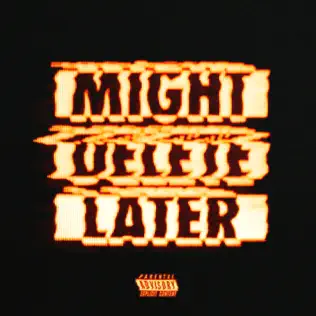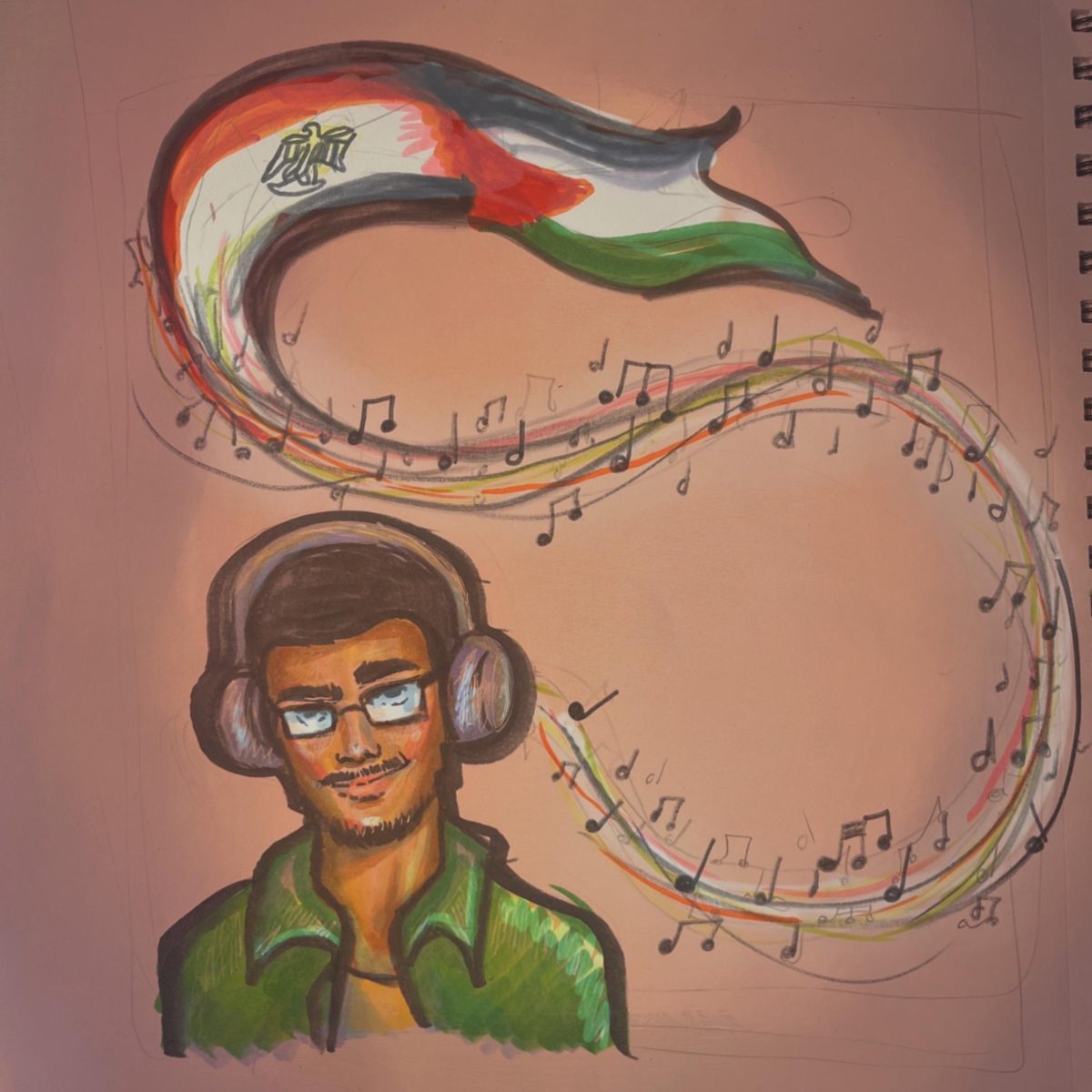The ethics of listening to popularly deemed “problematic” musicians has become more of a relevant question in the last few years, with questionable elements of certain artist’s identities being revealed.
Controversy has spanned from certain comments made by female rapper Cardi B being perceived as transphobic to Nazi imagery used by punk groups like Iceage. With such allegations raising moral red flags, the question arises of how clearly art and artist can be truly separated, if at all.
UT philosophy professor Kathleen Higgins said various artists choose to reveal different levels of their personality through their work.
“It might be that people take an artist to be merely a vehicle for art,” Higgins said. “I think a part of it is whether the content itself is somehow related to the creator’s bad character.”
Higgins said the framing of art as independent of reality is critical in making content-dependent distinctions.
“There may be a depiction of the mind behind some disgusting behavior, and there’s no moral problem with that,” Higgins said. “Exploration is different from condoning certain behaviors, and it all depends on the layers of separation between a work and its observer.”
For Higgins, it doesn’t seem that most people’s experience of art can be narrowed to a singular mode; rather, it is a process comprised of nuances.
“Even if a piece of art does explicitly endorse some wrong behavior, there could still be other features we enjoy,” Higgins said. “It’s only important that we are aware of those certain objectionable elements. Art allows for a complex reaction and could be useful for personal ethical insight if we ourselves disagree with it’s message.”
Paul Woodruff, a fellow philosophy professor and classicist, expressed various artistic statements may not indicate authentic beliefs but could be revealing of ulterior ambitions.
“It may be the case that an artist’s behavior in their personal life is exemplary and that contradicts the apparent messaging in their work,” Woodruff said. “These expressions may not aim to encourage a certain behavior, but to reflect on the behavior somehow.”
Philosophy freshman Jonathan Lee said the tie between the creator and their work is an intimate bond which can possibly never untangle.
“Given that art is always a reflection of the psyche, I don’t think art and artist can ever be truly separated,” Lee said. “I think well-made music can demonstrate a technical ability, but ultimately, people’s moral compasses and outlook will always influence the message, representation and presentation of any music to some degree.”
Though there is a prevalent notion of art being inherently tethered to its producer, a dissenting viewpoint points out the unique individualities of both entities.
“I don’t think of art as simply an extension or reflection of the artist,” Woodruff said. “A work of art has its own life, and an artist may even be surprised by what they’ve created. I don’t think artists have total authority over the meaning of their works, as the work separates from them at some point.”





















